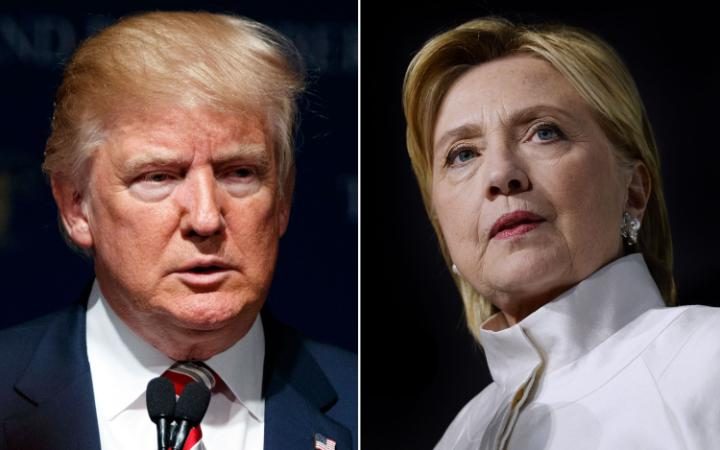
The United States Elections is not completely depend on public votes, how? There is Electoral College, where the people who get elected in the respective region will cast vote to be elect the next President of United States, so Hillary may win in that. In USA Today, describe the reason of Why there is the need of Electoral College. Alexander Hamilton writes in “The Federalist Papers,” the Constitution is designed to ensure “that the office of President will never fall to the lot of any man who is not in an eminent degree endowed with the requisite qualifications.” The point of the Electoral College is to preserve “the sense of the people,” while at the same time ensuring that a president is chosen “by men most capable of analyzing the qualities adapted to the station, and acting under circumstances favorable to deliberation, and to a judicious combination of all the reasons and inducements which were proper to govern their choice.”
Because candidates can win some states by wide margins and others by a slim one, it is possible for a candidate to win the Electoral College vote even if he or she loses the national popular vote. Indeed that has happened three times in U.S. history, most recently in 2000 when George W. Bush lost the popular vote by about 540,000 votes to Al Gore, but won the electoral vote, 271 to 266. (Also, in 1824, John Quincy Adams was elected president even though Andrew Jackson received more popular and electoral votes.)
In modern practice, the Electoral College is mostly a formality. It is true, as the National Archives and Records Administration notes, that there is “no Constitutional provision or Federal law that requires Electors to vote according to the results of the popular vote in their states.” But the U.S. Supreme Court ruled in 1952 that states could require electors to take a pledge to support the party’s presidential and vice presidential nominees from its national convention. And many do. Some even prescribe fines of $500 to $1,000 to so-called “faithless electors” for not voting for the party’s nominee, or allow them to be replaced by an alternate.
So, in theory, if enough Electors pledged to Mr. Trump decline to make him President-elect and vote instead for Secretary Clinton, she would become the President-elect and would be the 45th President upon taking the Oath of Office on January 20, 2017.”
Question:
Can the Electoral College elect Hillary Clinton on Dec. 19?
Answer:
Yes, it may be constitutionally possible; but no, it will not happen, according to election experts.
Because it would likely be opposed by President Obama and Clinton herself.
Obama said at a press conference on Nov. 14, “Look, the people have spoken. Donald Trump will be the next President, the 45th President of the United States.”
In her concession speech, Clinton said, “Donald Trump is going to be our president” and added that Americans “respect and cherish” the “rule of law.” both incumbent President Obama and the candidate who won a popular majority nationwide, Hillary Clinton, have made such a huge point of accepting Donald Trump as the President-elect, and where both Obama and Clinton have repeatedly insisted that such acceptance is vital to the peaceful transition our democracy requires.
A Change.org petition, now signed by more than 4.3 million people, encourages members of the Electoral College to cast their votes for Hillary Clinton when the college meets on Dec. 19. The petition argues that Donald Trump is “unfit to serve” and that “Secretary Clinton WON THE POPULAR VOTE and should be President.”
There is another huge practical hurdle to the scenario called for in the petition.The electors are chosen by the state parties. They are usually people heavily involved in the campaign of their party’s nominee or active in the state party.
“The electors are mostly people connected to the political party leadership in their states,” Richard Pildes, a professor of constitutional law at New York University School of Law, told us via email. “So if you try to picture how this might happen, it would have to be the party leadership in some group of states that is convinced to abandon Trump.”
